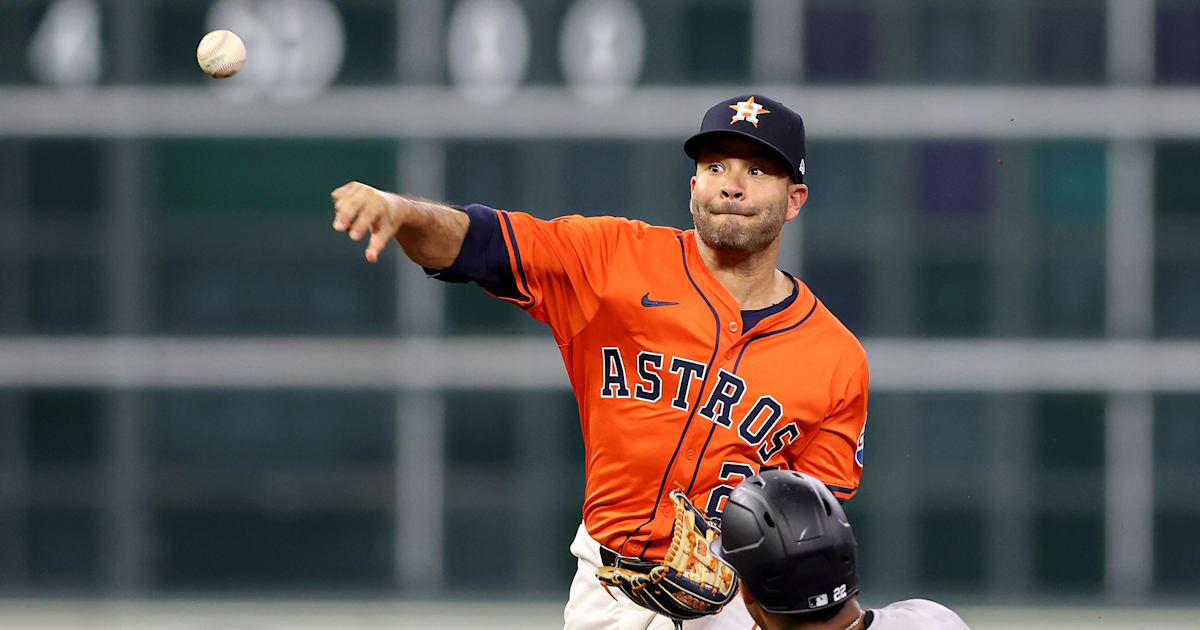featured

Exploring Halal Mortgages in the New Federal Budget: Important Questions Answered
The new federal budget announced measures to improve access to housing. Among the measures mentioned is the option of offering parallel financial products to Muslim customers such as “halal” mortgage loans. The budget paper did …

Exploring Halal Mortgages in the New Federal Budget: Important Questions Answered
The new federal budget announced measures to improve access to housing. Among the measures mentioned is the option … Read more

Charité Hospital Doctors Strike for Better Conditions: Canceled Procedures and Demands for Pay raise
They want better working conditions and more money. Non-urgent procedures were canceled due to the strike. Charité Hospital … Read more

Billie Eilish Returns to Her Roots with “Hit Me Hard and Soft”
Now 22 years old, Billie Eilish wants to introduce herself to the world again with “Hit Me Hard … Read more

MLB Returns to Mexico: Astros vs. Rockies Series at Alfredo Harp Helú Stadium
he is basketball Major League Baseball returns to Mexico. The series regular season between Astros vs. Rockies from … Read more

Sony α7R V: The Best Mirrorless Camera for Capturing Fine Art Images
The Power of Photography: Exploring Creativity and Innovation In a world where technology is constantly evolving, photography remains … Read more


/cdn.vox-cdn.com/uploads/chorus_asset/file/25417952/transformers_megatron.jpg?fit=%2C&ssl=1)
